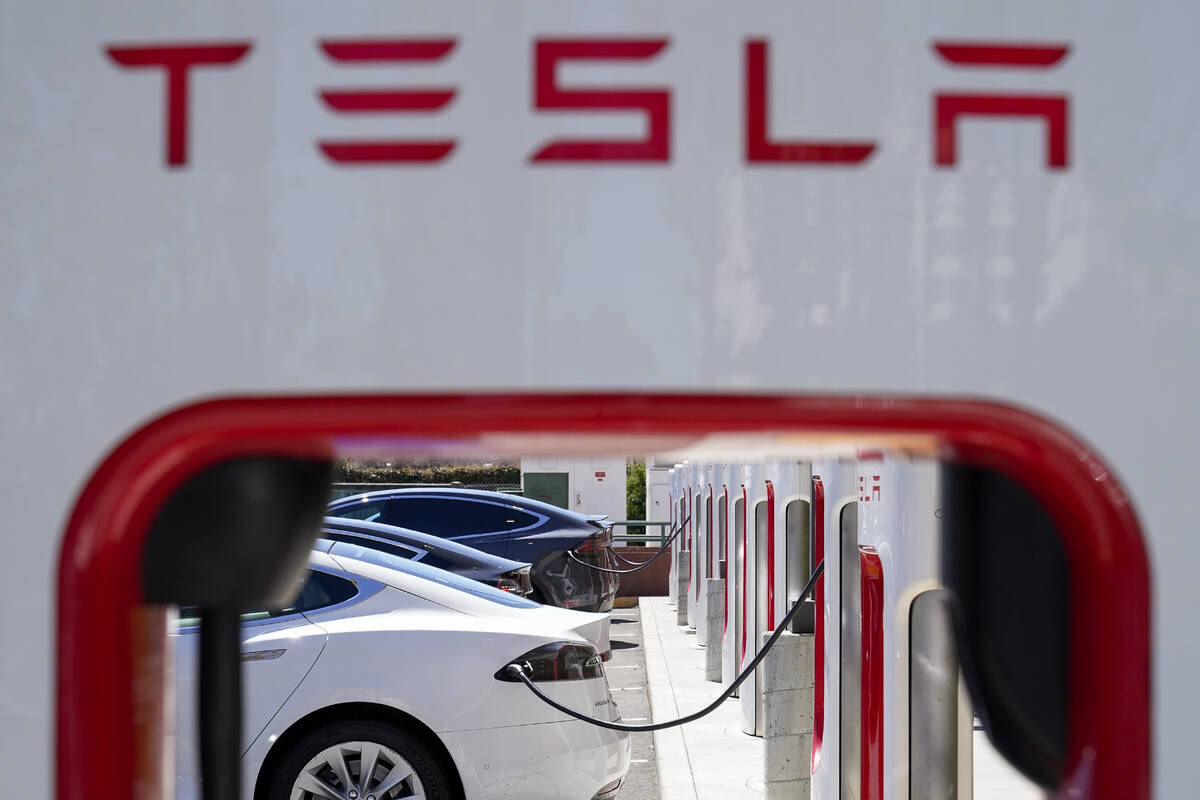EDITORIAL: Inflation Reduction Act will add to the deficit
Massive government spending programs typically cost more than projected. At some point, one might even call it a pattern.
The latest example is the ill-named Inflation Reduction Act, which Democrats rammed through last August. The main thrust of the legislation was to push a radical green agenda. It included consumer tax credits for electric vehicles and roof-top solar. The bill gave corporations access to hundreds of billions in tax credits for clean energy projects. It also provided the U.S. Department of Energy $12 billion to craft a new loan program for replacing and upgrading energy infrastructure.
Democrats wanted to convince the public that massive subsidies for otherwise unattractive renewable energy projects would reduce the nation’s debt. The bill also boosted funding for the IRS. In theory, increased enforcement would increase tax collections. That was supposed to net the government $130 billion over 10 years. The legislation raised corporate taxes by more than $200 billion. It allowed Medicare to negotiate prices of prescription drugs. The Tax Foundation projected drug pricing provisions would save almost $300 billion over the decade.
At the time, the White House estimated the bill would reduce the deficit by $300 billion over the next decade. President Joe Biden declared, “We’re cutting the deficit to fight inflation by having the wealthy and big corporations pay part of their fair share.”
Hold on to your hats, but that’s not happening. Shocker.
“Originally, this was supposed to be a deficit reducer, but now it has flipped. Instead of reducing the debt, it will add to it,” Kent Smetters, the faculty director of the University of Pennsylvania’s Wharton Budget Model, said. He projects the bill will add $750 billion to the deficit.
Why? Because people respond to incentives. The bill didn’t include caps on many tax credit provisions. Individuals and companies are rushing to take advantage of that “free money.” For instance, Tesla reduced its prices to make its vehicles eligible for the tax credit.
The costs of the tax credits were initially projected to be under $390 billion. Penn Wharton’s model now suggests the credits will total more than $1 trillion. The cost of the electric vehicle tax credit alone is now likely to top the initial estimate for all the tax credits.
The revenue raising provisions face challenges, too. Republicans have opposed hiring new IRS agents. Analysts are unsure when a new 15 percent corporate minimum tax will start producing revenue as companies use COVID losses to offset taxes. Lawsuits may prevent Medicare from negotiating drug prices.
Democrats can cover their ears if they like, but reducing the deficit is going to require spending restraint, not using statistical games to low-ball the cost of new green handouts.




























